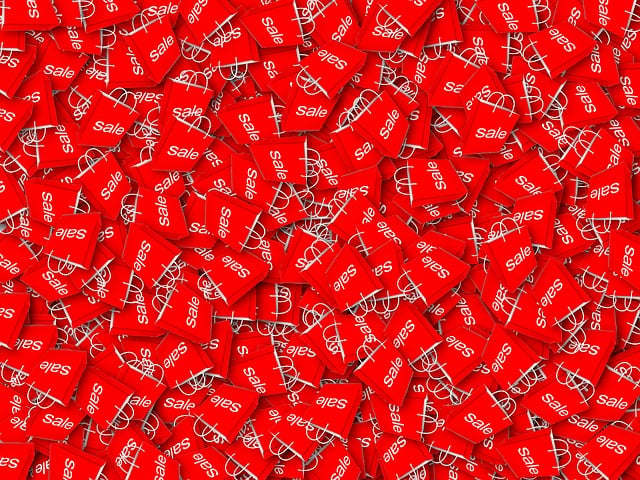Compost creation is a powerful tool for garden enthusiasts, offering numerous benefits like reduced landfill waste, minimal environmental impact, and an affordable, eco-friendly alternative to commercial fertilizers. By recycling organic materials like leaves, grass clippings, and vegetable scraps into nutrient-rich compost, gardeners can enhance soil structure, increase water retention, and promote healthy soil microbial communities, resulting in healthier plants and vibrant gardens. Effective composting involves gathering organic yard waste, choosing between open-air piles or enclosed bins, layering greens and browns, regular turning, and maintaining moisture levels. This sustainable practice not only transforms mundane yard waste removal but also produces rich compost to elevate gardening efforts.
Compost creation is an eco-friendly practice that every garden enthusiast should consider. By transforming yard waste into nutrient-rich compost, you enhance soil health, reduce landfill waste, and promote sustainable gardening. This article guides you through the process, from understanding the benefits of composting to practical steps for effective compost creation using everyday yard waste. Learn creative ways to utilize and maintain your compost pile, making it a valuable asset in your garden. Discover how yard waste removal and recycling can contribute to a greener, healthier environment.
- Understanding Compost Creation: The Benefits for Gardeners
- Steps to Create Effective Compost from Yard Waste
- Creative Ways to Utilize and Maintain Your Compost Pile
Understanding Compost Creation: The Benefits for Gardeners

Compost creation is a powerful tool for garden enthusiasts, offering numerous benefits that extend far beyond simply reducing yard waste. By understanding and implementing composting practices, gardeners can actively contribute to a sustainable ecosystem within their own backyards. This natural process involves recycling organic materials from everyday yard waste, such as leaves, grass clippings, and vegetable scraps, transforming them into nutrient-rich compost that acts as a fertility booster for plants.
The advantages are significant in the context of Yard Waste Removal and Recycling. Composting reduces the volume of waste sent to landfills, minimizes the environmental impact of organic debris, and provides an affordable and eco-friendly alternative to commercial fertilizers. Moreover, it enhances soil structure, increases water retention, and promotes a healthy soil microbial community, all of which contribute to healthier plants and vibrant gardens.
Steps to Create Effective Compost from Yard Waste

Creating effective compost from yard waste is a rewarding practice for garden enthusiasts, offering a sustainable solution for both waste management and soil enhancement. The process involves several simple steps. First, gather organic materials like grass clippings, leaf debris, vegetable scraps, and coffee grounds. These can be collected from your own yard or, if you’re looking to reduce overall waste, consider partnering with local initiatives that promote yard waste removal and recycling.
Next, choose a composting method. You can opt for an open-air pile or use enclosed bins for better control over temperature and odor. Layer the organic matter in the chosen container, ensuring a mix of greens (nitrogen-rich materials) and browns (carbon-rich items). Regularly turn the pile to aerate it, maintain moisture levels, and speed up decomposition. Over time, as the material breaks down, you’ll produce nutrient-rich compost that can be used to fertilize your garden, promoting healthy plant growth and reducing the need for synthetic fertilizers.
Creative Ways to Utilize and Maintain Your Compost Pile

Composting is an art, and creative minds can find unique and efficient ways to manage their compost piles. For garden enthusiasts, yard waste removal doesn’t have to be a mundane task. Instead, transform it into a sustainable practice by recycling organic materials from your garden and kitchen scraps. Start by layering green materials like grass clippings and vegetable scraps with brown elements such as dry leaves and shredded paper. This balance ensures optimal decomposition. You can also get creative with container choices; an old trash can or a specially designed compost bin works well, offering easy access for turning the pile.
Regular maintenance is key to a thriving compost pile. Turn the pile weekly to aerate it, ensuring even decomposition. Moisture content should be monitored; a wrung-out sponge is ideal. Avoid adding meat, dairy, and oily foods, as they can attract pests. Instead, opt for fruit and vegetable scraps, coffee grounds, and eggshells—all excellent additions that enrich the compost without causing odor issues. With these creative practices, not only will you reduce yard waste removal but also produce nutrient-rich compost to elevate your gardening game.
Compost creation is a rewarding practice for garden enthusiasts, offering numerous benefits including improved soil health and reduced yard waste removal. By following simple steps to create effective compost from organic materials, gardeners can contribute to sustainable practices while enhancing their gardening efforts. Creative utilization and maintenance of compost piles ensure a continuous supply of rich, natural fertilizer, fostering lush and vibrant gardens. Remember, proper management of yard waste through composting is an eco-friendly solution that everyone can adopt.

